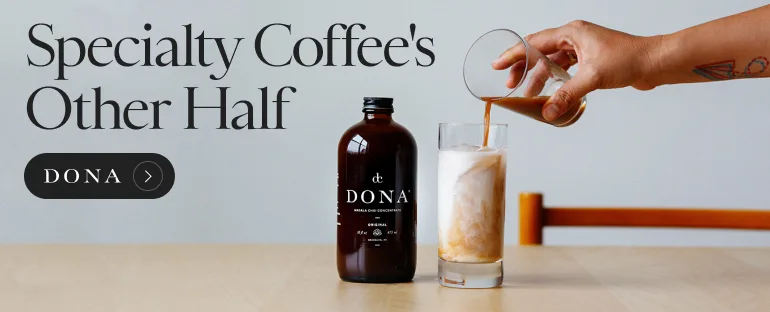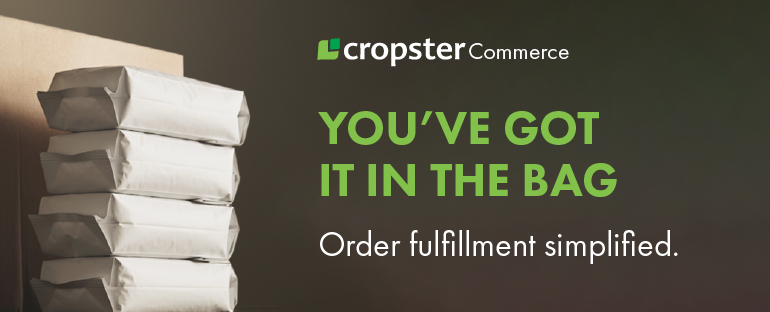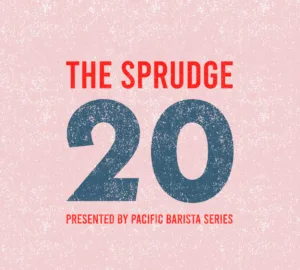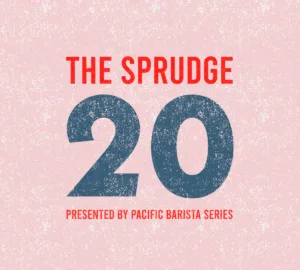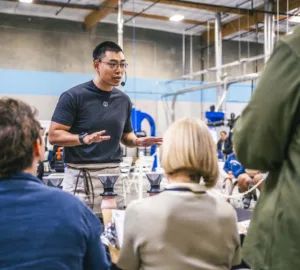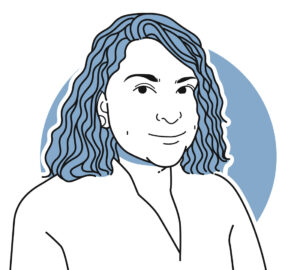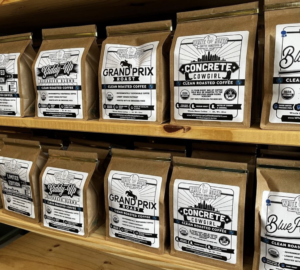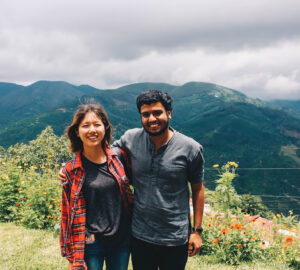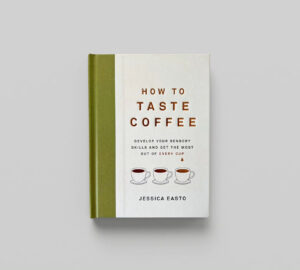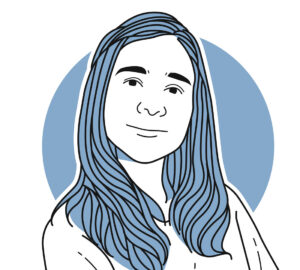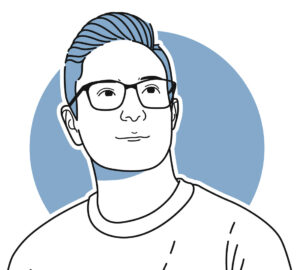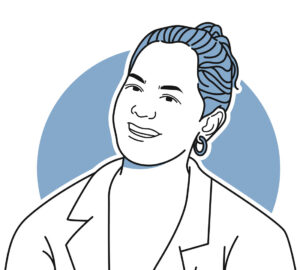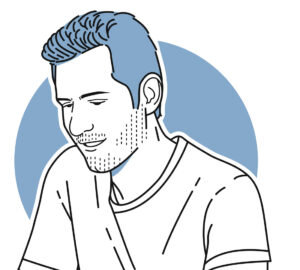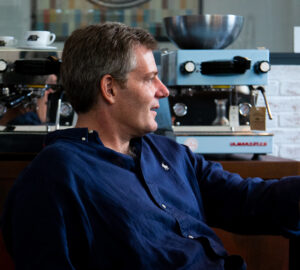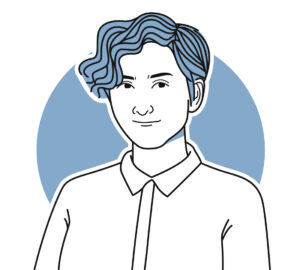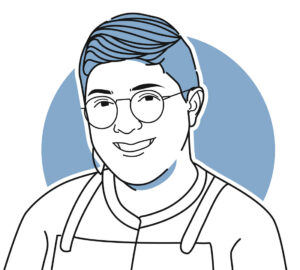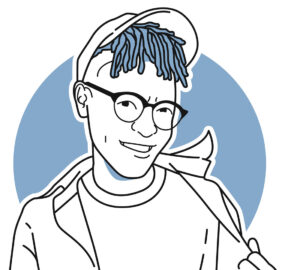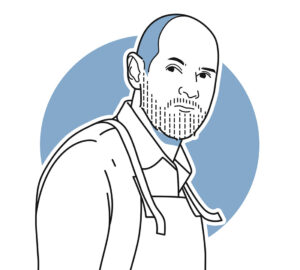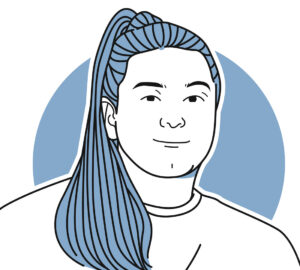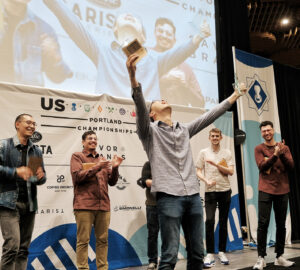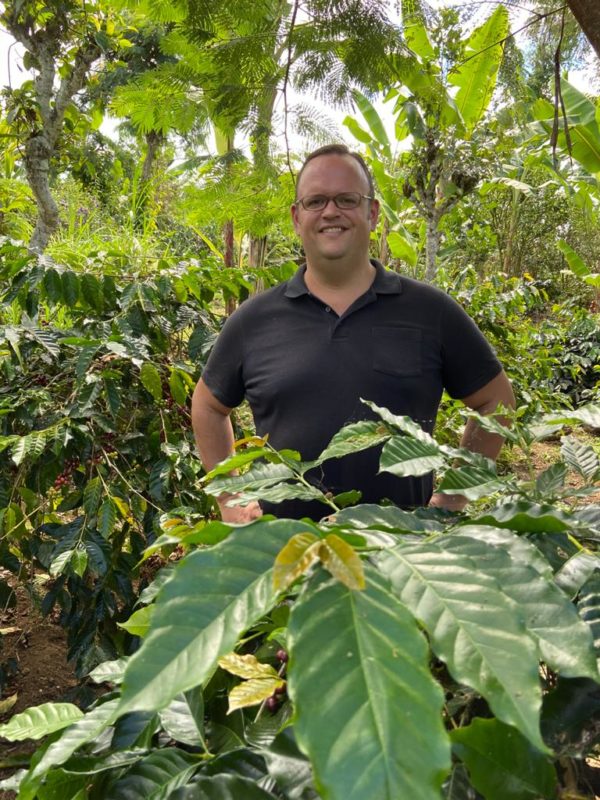
Welcome to The Sprudge Twenty Interviews presented by Pacific Barista Series. For a complete list of 2021 Sprudge Twenty honorees please visit sprudge.com/twenty.
The Sprudge Twenty interview series continues today with Drew Burnett, whose candid, thought-provoking interview is presented below.
“Drew is an international development professional who, after working in Ethiopia with Technoserve as Deputy Director of their coffee project, decided to invest himself in making the supply chain more transparent and fair. Having lived in Indonesia a number of years and having brokered some coffee for export, he realized that in order to really make a difference to farmers and processors doing higher quality coffee, he would have to help finance it himself. His company, Goodel Indonesia, is a socially responsible and the only Indonesian exporter profit-sharing fully transparent and traceable specialty coffee. Last year, his company partnered with GIZ to co-invest in a pilot for a farmer-centered app and information ecosystem, making the coffee traceable from farm to cup and connecting farmers to essential services and mobile wallets. Drew has a broad network and boosts independent producers and women working in the coffee industry through his connections and access to markets.”
Nominated by Jen Green.
How have the challenges of this last year informed your work?
The past year has reaffirmed our model for deep engagement with both producers and buyers. We’ve managed to grow despite the overall downturn in the specialty market, which I credit to having established relationships with buyers who are genuinely interested in promoting the coffees we provide them, rather than simply filling out an offer sheet with coffees that they don’t care about. (I wish I could say this was purposeful, but as a small exporter we aren’t in a position to pick and choose who we sell to, so it’s really just been a function of having worked really hard to find people who are doing things differently enough to think that higher-quality Indonesian coffees are interesting.) This modest growth during the pandemic has also built a lot of credibility for us with the farmers and processors we work with, as we’ve been able to continue and even increase volumes as their neighbors—whose fortunes are more closely tied to the commodity or specialty-commodity market—have been suffering. We’ve worked closely to get their buy-in over the past five years to build a supply stream that’s transparent, fully traceable, and shares profits, which was slow going but really clicked for them when our model provided more resilient demand. It’s not flashy, but by continuing to buy their coffee at above-market prices we’ve helped to minimize the financial disruption and demonstrated that having trustworthy partners who treat them with dignity and respect is more powerful than charity.
What issue in coffee do you care about most?
Supporting small independent businesses. For all the talk in the coffee industry about the few multinational companies that dominate the coffee market and angst over consolidation, it’s shocking to see how often people who could act to promote a better, more competitive industry instead choose to reinforce existing power structures by buying from the same big importers, exporters, or consolidators in producing countries. The big traders and their subsidiaries set industry norms and actively choose to perpetuate an industry where the only path to profitability relies on the exploitation of smallholder farmers and farm workers. Buying coffee from these companies (even their specialty arms) is an endorsement of the status quo and a vote with your dollars against sustainability and equity for smallholder farmers.
As a small business owner running an ethical business I understand how challenging it can be to compete in a market dominated by less scrupulous competitors, but responsible independent actors need to commit to genuinely understanding their supply streams and working with other small independent companies up and down the supply stream if we really want to make coffee better. I’m hoping that we can start working together across producing countries for mutual support and advocacy, and will be giving a talk/leading a discussion at Expo on it—I’d love for anyone interested to join and bring ideas or just listen to what other options are possible!
What cause or element in coffee drives you?
Power structures, and specifically working to balance power more evenly between producers and buyers by giving producers more say in setting prices, leveling with them about the challenges of the international market, and working together to find sustainable solutions because our future and success is intertwined with the producers we work with.
What issue in coffee do you think is critically overlooked?
Traceability. I still struggle to understand how much of the ignorance of the lack of supply stream integrity is willful versus genuine in the coffee industry. There will, of course, always be small transgressions—farmers delivering coffee from their neighbors, for instance—but large parts of the industry clearly turn a blind eye to coffee not quite being what it says it is. Opaque supply streams distort the market, support the exploitation of farmers, and erode quality and trust in some producing countries, creating barriers for producers looking to add value. The tools to ensure traceability exist—the chocolate industry’s slave labor issues motivated them to develop them—but the coffee industry chooses not to use them. Traceability protects farmers as well as buyers, but the benefits to keeping the supply opaque reflect longstanding power structures that are difficult to overcome.
What is the quality you like best about coffee?
Connections. As someone who comes from (and, in reality, still is in) the international agriculture development industry, coffee has the power to connect people in a way that other crops cannot. As important as sorghum or enset (false banana) might be to the livelihood and food security of a farmer in southern Ethiopia, the eyes of friends and family around the world don’t light up quite the same way as when I start to talk about coffee—everyone has an opinion on it, even if it’s a proud declaration that they never drink it.
Unfortunately, much of the potential of those connections is squandered. When I decided to go all-in on coffee I did so believing that the connection that consumers have to coffee would make it easier to motivate people to care about justice in the supply stream, but now, after a few years of trying to sell better coffee, I’ve come to think that we all just want to be told that we’re not doing bad things and we are willing to accept stories that are increasingly distant from reality to believe it.
Did you experience a “god shot” or life-changing moment of coffee revelation early in your career?
From a coffee quality perspective, my first time breaking a crust while cupping with Cory Bush (then of Falcon, now of Sucafina) at Great Lakes Coffee warehouse In Uganda in 2012 is up there, but my first time tasting coffee from Duromina when I was Deputy Director of TechnoServe’s Coffee Initiative in Ethiopia in 2013 is what really opened my eyes to the diversity of flavors that are possible from coffee. I was late from a meeting to an internal staff cupping training, so the coffee was already starting to cool, and Ansha Yassin (now of Co Qua Lab) was taking me around the table explaining their process to me and I got to the Duromina cups. If you had told me before that first sip that an overwhelming jasmine flavor would be so delicious I wouldn’t have believed you, but it was, and my memory of it remains the white whale of flavors for me.
From a financial sustainability perspective, I’ll never forget my first time seeing selective picking of only ripe cherry. I was on my first trip out of Addis working with TechnoServe, and my colleagues and I were talking with some farmer group leaders, which really means that my colleagues and the farmers were talking in Oromo while I was patiently waiting for someone to translate for me. As I was standing there I noticed some young people picking cherry, and seeing how much thought and care had to go into it thought to myself “wow… that’s a lot of work… and they get paid how much for it?”, which was the precursor to my understanding that improving coffee quality alone does not provide a viable pathway out of poverty for the most vulnerable people in our industry.
What is your idea of coffee happiness?
Seeing a coffee that I know all the actors in the supply stream were well compensated for and treated with respect. Small victories now that we can hopefully build on to provide a model for a more just coffee industry.
If you could have any job in the coffee industry, what would it be and why?
Vice president for sustainability at one of the mega-traders or large roasters, although I fully realize that my answers here will automatically disqualify me from any future consideration. That’s ok, though, as I wouldn’t be able to not be honest in an interview, so I’m really just saving us all some valuable time we can use more productively. (Unless, of course, this is my effort to challenge them to win me over, in which case I should disclose that my loyalty can be bought for the right price…)
But seriously, it would be great to be able to have an impact at scale, and there’s so much wasted money and opportunity in the “coffee sustainability” sub-industry that could improve conditions for a lot of people if properly directed. The big trading companies are squandering opportunities to move towards a more just coffee sector by competing in a race to the bottom of who can provide “sustainable” coffee for as little cost and effort as possible, so it would be great to try to reverse that to have a large-scale impact on the industry.
Who are your coffee heroes?
I haven’t had a hero since I dressed up as Cal Ripken for Halloween for multiple years as a child in “uniforms” that my mom made, but I do have tremendous regard for people like my partners and colleagues in Goodel—Isaac Lee, Dongchan Park, and Faisal Safardan—without whom I’d never be able to do this, as well as people who trusted me enough to buy coffee from my company or recommend contacts that have led to sales, putting real money and reputations on the line to support relationships with exporters like us trying to trade coffee better—Matt Sealby of Falcon, Pascale Schuit and Steven Macatonia of Union Hand Roasted, and Carmel Laurino. And ultimately any small independent companies working against the odds in producing countries to make coffee better, as well as our allies in traditional consuming countries.
Do you have any coffee mentors?
Not mentors exactly, but I’ve learned a tremendous amount from people I’ve worked with over the years. That includes Paul Stewart and Mefthe Tadesse, but especially Babur Damte, Tamiru Gebre, Mergia Beyene, and Jaba Alemayehu, who I worked with closely in the field and learned so much about coffee production and processing along with how farmers think and respond to incentives, as well as Ansha Yassin and Moata Raya, who I learned cupping from. Here in Indonesia, I would have been lost without Ahyaniko, Mahdi Usati, Hendra Maulizar, Samuel Sihombing, Yana Syien, Iwan Fiyarsya, and Vivi Andrini Pane, who continue to teach me so much about the coffee sector here in Indonesia.
What do you wish someone would’ve told you when you were first starting out in coffee?
You’re either doing this for the lifestyle or you’re exploiting someone.
You’re the first barista on Mars. What’s on your brew bar?
I prefer to drink local, so I guess I’d have to see which varieties respond best to the Martian terroir and iron-rich soil first.
Best song to brew coffee to at the moment.
I can only imagine that I’ve already managed to get everyone to tune out by now, so I can safely admit without fear of being ostracized that I don’t really listen to music. More likely would be a podcast, and that podcast could be KEXP’s The Weekly Mix, but I have no strong opinions (for a change).
Where do you see yourself in 2041?
Same but crankier.
Thank you!
Welcome to The Sprudge Twenty Interviews presented by Pacific Barista Series. For a complete list of 2021 Sprudge Twenty honorees please visit sprudge.com/twenty.












